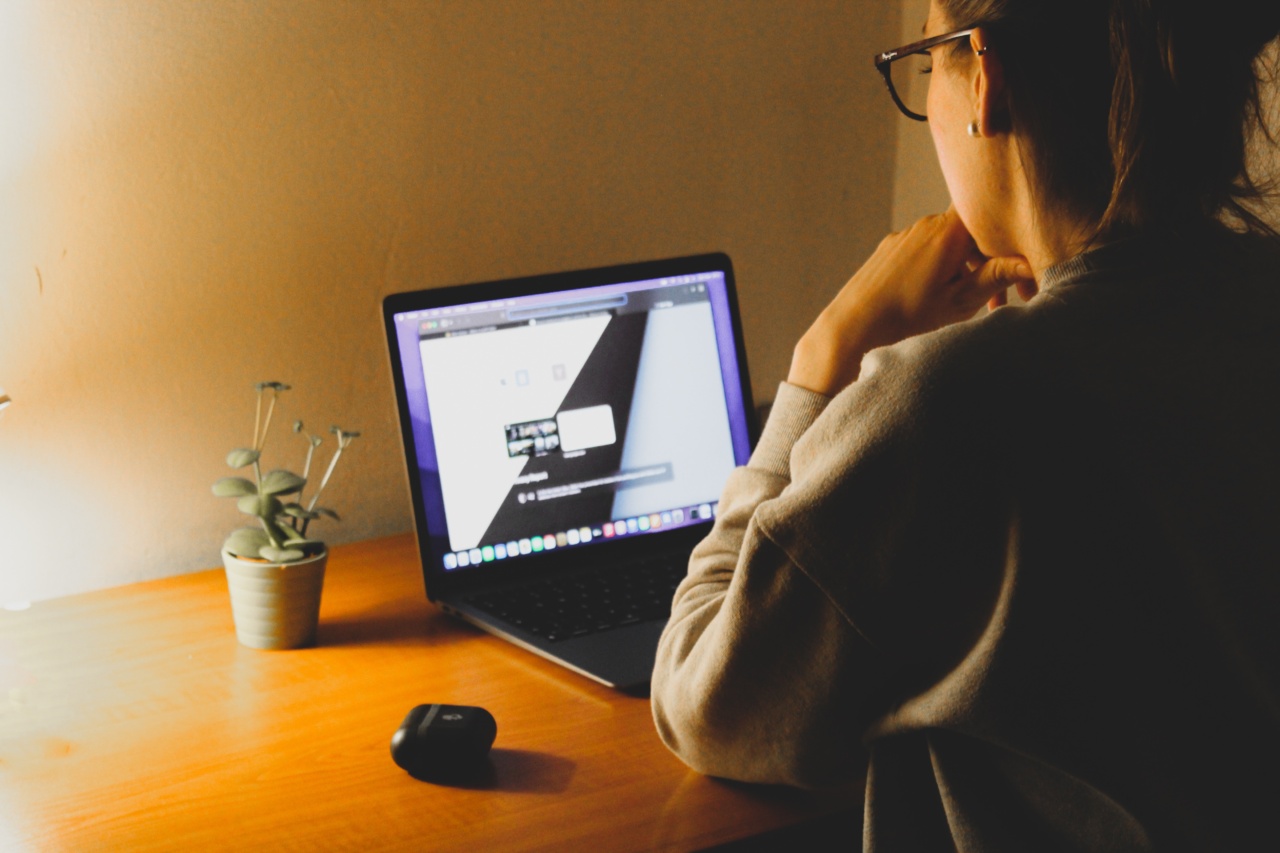Social media has unquestionably changed the way we interact with one another. Moreover, we are living in a time where social media use has become the norm, even for teens and pre-teens.
According to research, a growing number of individuals who frequently use social media are experiencing depression, and it appears to affect young girls more than boys.
How Social Media Affects Mental Health
Social media was created to enhance communication and improve connections, but it now appears that it can have adverse effects on one’s mental and emotional well-being.
One way social media impacts mental health is by encouraging individuals to make endless comparisons of themselves to others. Social media is a place where many people present an edited version of themselves, showcasing their happiest moments, successes, and best qualities.
This has the potential to make individuals feel inadequate, resulting in low self-worth, low self-esteem, and even depression.
Another way social media affects mental health is by inducing cyber-bullying. A 2018 Pew Research Center survey of 743 U.S.
teenagers found that roughly 60% of them reported seeing someone being cruel or mean on social media, and nearly all of them said they had seen content that involved racism, sexism or other forms of hatred. This kind of online harassment more often than not, makes the bullied feel unworthy, ashamed, isolated, and can lead to depression.
The Link Between Social Media and Depression
Several studies have examined the relationship between social media use and depression.
A study from the University of Pittsburgh found that people who used social media for long periods of time were twice as likely to experience depression as those who used it less frequently. This research study followed 1,787 young adults between the ages of 19 and 32 over a period of two years.
Another research study conducted by the American Psychological Association found that teenage girls who spent significant amounts of time on social media sites showed increased rates of depression.
It is reported that girls who spend more than five hours per day online are 50% more likely to develop depression that those who use these platforms for less than an hour per day. The girls were more vulnerable, while the boys were less affected.
The Importance of Self-care
Self-care is vital when it comes to mental health management. Continuous feelings of sadness, worthlessness, or loneliness, excessive consumption of social media, signs of disinterest, and fluctuating moods can all be symptoms of depression.
If you notice these signs in someone close to you (or yourself), it is essential to take a break from social media, reach out to a mental health professional for help, and engage in self-care activities that focus on promoting wellbeing. Ideally, this may involve activities such as mindful meditation, yoga, exercise, healthy eating, or cleansing the environment (clearing clutter from living spaces).
How to Break Away From the Social Media Cycle
Reducing social media use is not easy, but it is necessary. There are several steps one can take to break away from the cycle of social media consumption:.
- Recognize that taking short breaks from social media can be beneficial for your mental health
- Treat yourself to a digital-free day at least once a week. During this time, do things that give you joy and make you happy
- Set timetables and limits for social media use
- Remove yourself from groups that do not provide good karma of support or only offer toxic advice
- Unfollow accounts that make you feel unfulfilled or impact your self-esteem negatively
The key to success in breaking away from the vice grip of social media consumption is self-awareness and self-care.
Conclusion
While social media has made it easier for us to communicate and connect with others, it is essential to avoid its excess consumption to protect our mental and emotional well-being.
As presented in this article, studies reveal a relationship between social media and depression, which appears to affect young girls more than boys. Self-care is necessary for mental health management, and steps can be taken to break the cycle of social media consumption.
Remember, what we see on social media is not always an accurate representation of reality; learn to be content with who you are, disengage from negativity, and prioritize your mental and emotional well-being.






























